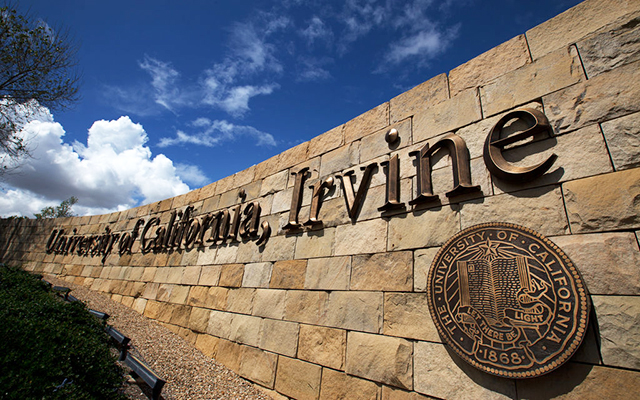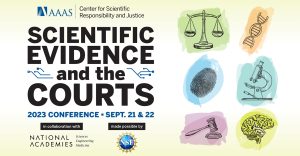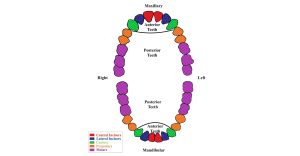CSAFE partner institution the University of California, Irvine recently concluded a successful course designed to educate students entering the field of criminology, law and society. The class, “Forensic Science, Law and Society” was taught by Professor Simon Cole and focused on forensic science concepts such as validation, bias, reporting and admissibility.
“Teaching this course struck me as an opportunity to carry out CSAFE’s mission,” said Cole. “Many of these students will go on to law school or other roles in the criminal justice system such as law enforcement or corrections or paralegal investigation. Others will go on to be citizens, and the more people who understand the issues we’re tackling at CSAFE the better.”
Over 100 undergraduate students majoring in criminology, law and society participated in the course focused on forensic statistics. Cole emphasized that many of these students do not have much exposure to statistical reasoning, and were given a valuable opportunity to learn why statistics matter to criminal investigations. Key statistical concepts introduced in the course included validity testing, statistical independence and match probabilities.
“I organize the course by forensic principle and use disciplines such as firearms and tool marks or handwriting to illustrate the points. I find this a compelling way to introduce students to the field,” Cole said.
Cole emphasizes that his goal is for the students to understand that science is not about certainty but the quantification of uncertainty. “I think that’s key to understand in terms of the use of science and the law. I think the law especially has tended to see science in terms of certainty and that’s not quite right. It’s very difficult for judges and lawyers and many forensic practitioners as well as the public to understand. I think it’s important for more people to learn about how CSAFE is quantifying uncertainty.”
Using a flipped-classroom approach, Cole focuses his course on class discussion and problem solving to increase class engagement and mastery of material for students of all abilities. Course evaluations show that many students were enthusiastic about what they learned.
Student evaluations also revealed that participants’ self-assessment of their understanding of statistical approaches to forensic evidence increased. Students improved their knowledge of the likelihood ratio and other statistical principles such as the importance of the rarity of forensic objects and how it applies to forensic evidence.
“Forensic Science, Law and Society” will be taught again by Cole in the fall of 2018. Cole is looking forward to utilizing the new UCI Anteater Learning Pavilion, featuring seating designed to facilitate flipped classroom collaborative work.
CSAFE is currently engaging in collaboration with other institutions to offer additional undergraduate courses designed to improve statistical knowledge in forensic science. To discuss how your team can partner with CSAFE to offer educational opportunities for undergraduates, please contact us. Find out more additional learning opportunities for undergraduates by visiting our education center.




